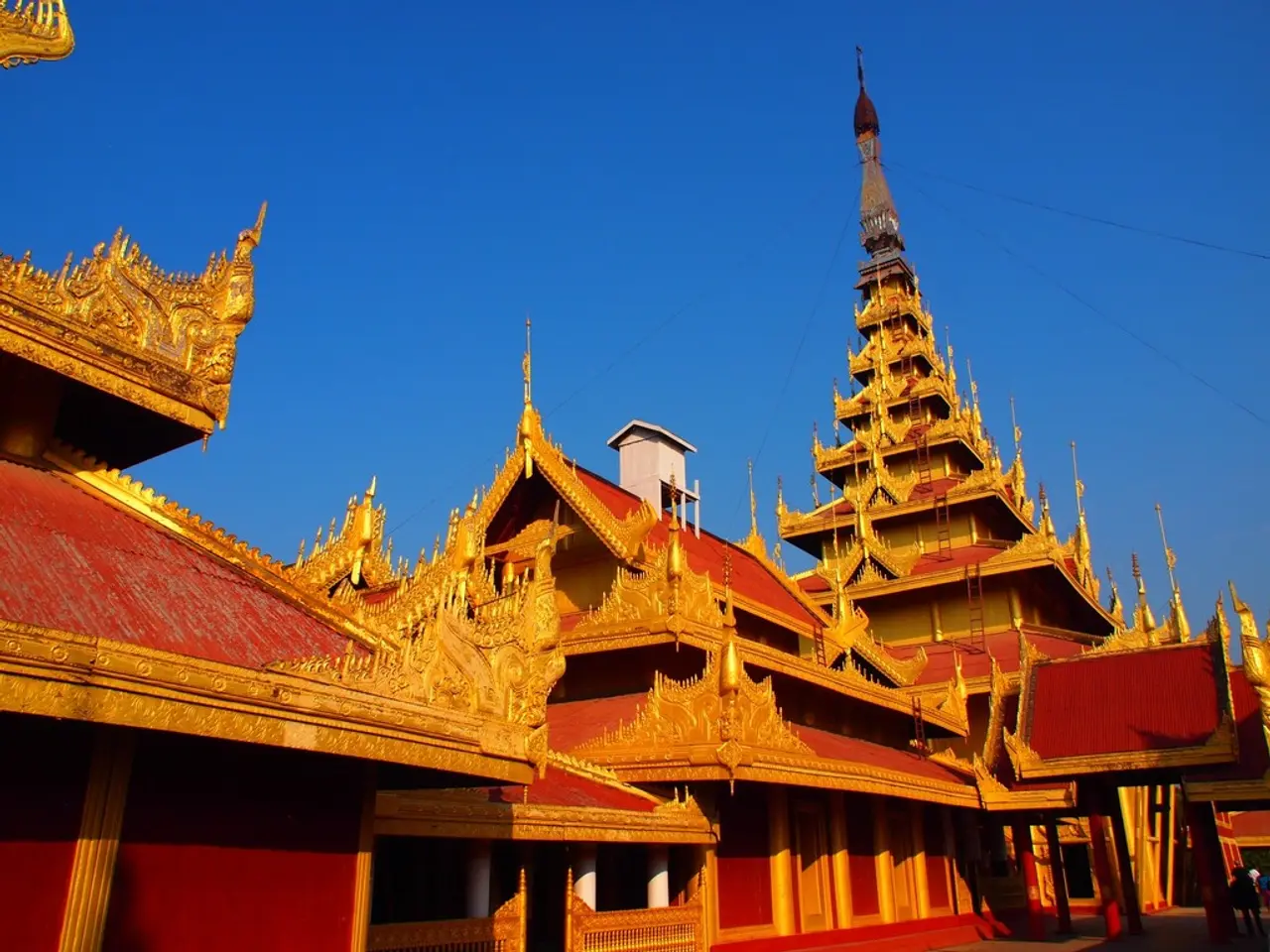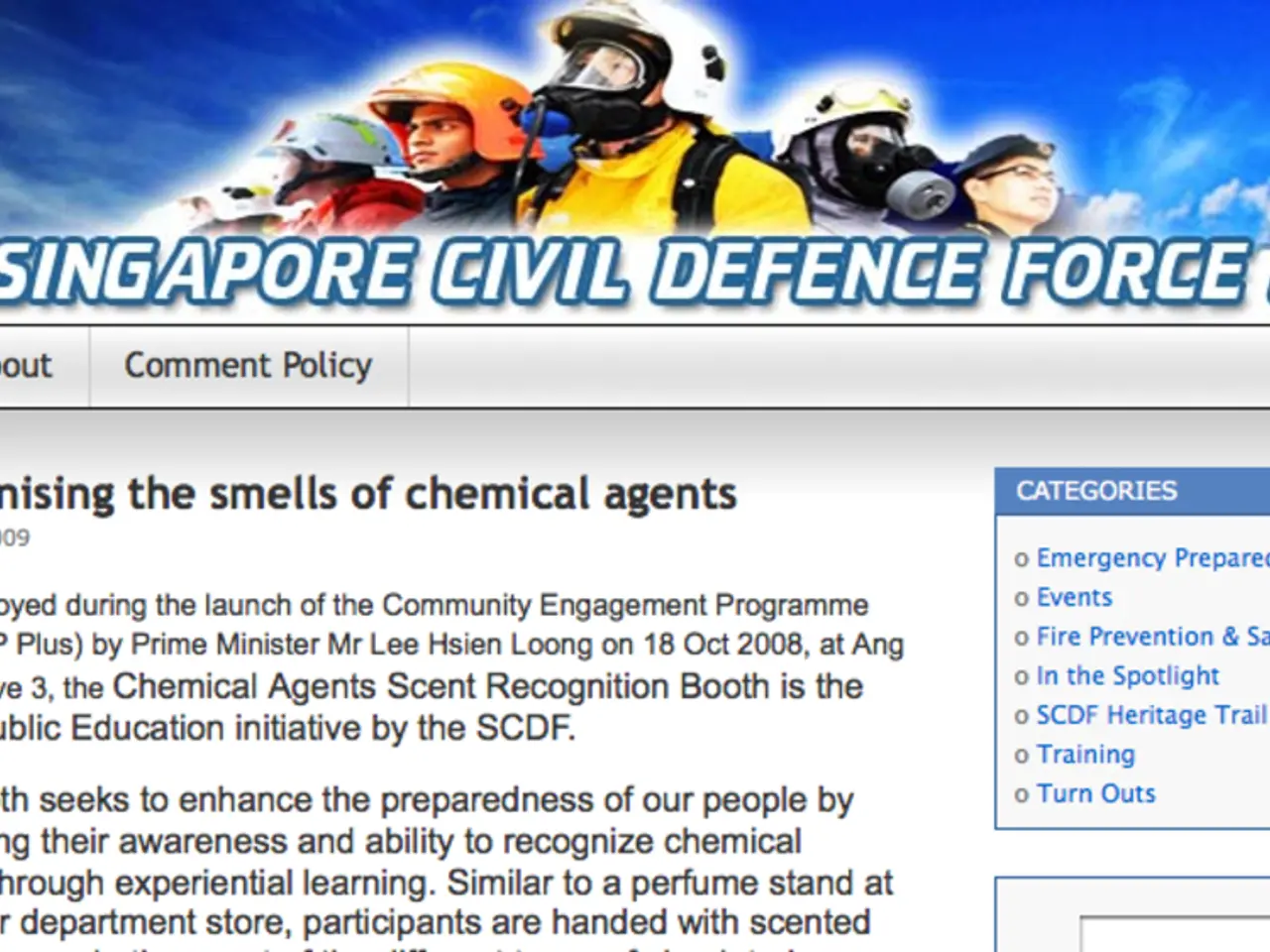Intensifying Collaboration in Myanmar
In a series of high-level meetings, Thailand and Myanmar have demonstrated a renewed commitment to addressing pressing cross-border issues, with a particular focus on heavy metal contamination in the Kok and Sai rivers and the rise of transnational scam operations.
**Addressing Heavy Metal Contamination**
The 37th Regional Border Committee (RBC) meeting, held in Chiang Mai from July 2–4, 2025, served as the main platform for bilateral discussions. Thai officials identified contamination in the Kok and Sai rivers as a critical issue, attributing the pollution primarily to unregulated gold mining activities near the border.
Myanmar agreed to further discuss and work towards a joint solution within the RBC framework. Meanwhile, Thai provincial authorities have initiated water quality testing, provided safe drinking water, and encouraged residents to submit tap water samples for analysis.
**Suppression of Transnational Scam Operations**
The RBC meeting also addressed the growing threat posed by cross-border call-centre scam gangs. Both sides recognized the necessity of close collaboration between their security agencies to dismantle these networks and prevent further victimization. Myanmar agreed to consider Thailand’s proposals and advance joint strategies for future action.
**Additional Cross-Border Efforts**
Beyond environmental and cybercrime concerns, Thailand and Myanmar have recently convened the 26th Myanmar-Thailand Joint Drug Control Meeting in Taunggyi, Shan State, Myanmar. The discussions included drug seizure, precursor chemical control, inspection and analysis, efforts to reduce drug abuse, and alternative development projects. The next meeting is to be held in Thailand.
**Summary Table**
| Issue Area | Actions Agreed/Undertaken | Outcome/Future Steps | |------------------------------------|-------------------------------------------------------------|----------------------------------------| | Heavy Metal Contamination | Joint monitoring, water quality testing, safe water supply | Further joint discussions, solutions | | Transnational Scam Operations | Collaboration to dismantle call-centre gangs | Myanmar to advance Thailand’s proposals| | Drug Control | Joint drug seizures, control of precursors, alternative development | Next meeting in Thailand |
These collaborative efforts underscore the commitment of both countries to jointly tackle environmental, security, and social challenges along their shared border.
In Chiang Mai, safe drinking water is being distributed in coordination with national agencies. Meanwhile, a petition has been submitted by the Joint Standing Committee on Commerce, Industry and Banking of the private sector from Upper Northern Region Groups 1 and 2, urging action on the contamination of the Kok and Mekong rivers.
The contamination in the Kok and Sai rivers is primarily caused by unregulated gold mining near the border, resulting in wastewater containing lead and arsenic being discharged into the waterways. Both Thailand and Myanmar have committed to increasing cooperation on combating this issue.
Sources: [1] The Nation (2025). "Thailand and Myanmar to address cross-border issues at RBC meeting." The Nation. [2] Bangkok Post (2025). "Thailand and Myanmar meet to discuss river contamination and scams." Bangkok Post. [3] Mizzima (2025). "Myanmar-Thailand Joint Drug Control Meeting held in Shan State." Mizzima. [4] The Irrawaddy (2025). "Myanmar-Thailand Joint Drug Control Meeting in Taunggyi." The Irrawaddy. [5] Chiang Mai News (2025). "Thai and Myanmar officials meet to discuss river contamination and cybercrime." Chiang Mai News.
- In the field of environmental-science, both Thailand and Myanmar have agreed to work together to address the heavy metal contamination in the Kok and Sai rivers, a problem primarily attributed to unregulated manufacturing industries, specifically gold mining near the border.
- Recognizing the gravity of climate-change, the two nations have undertaken water quality testing, provided safe drinking water, and encouraged residents to submit samples, as a part of their joint efforts to combat this environmental concern.
- Besides tackling environmental issues, Thailand's finance sector has voiced concerns over the contamination of the Kok and Mekong rivers, demonstrating the involvement of the general-news and the role of policy-and-legislation in addressing these issues.
- As the contamination problem touches upon the energy sector due to the wastewater containing potential pollutants like lead and arsenic, both countries have reaffirmed their commitment to increased cooperation on combating this issue, reflecting an intersection of environmental-science, industry, and environmental-policy.
- In the broader realm of politics, crime-and-justice becomes a pertinent topic as well, with both nations acknowledging the need for close collaboration between their security agencies to combat transnational scam operations that pose a threat across borders.




